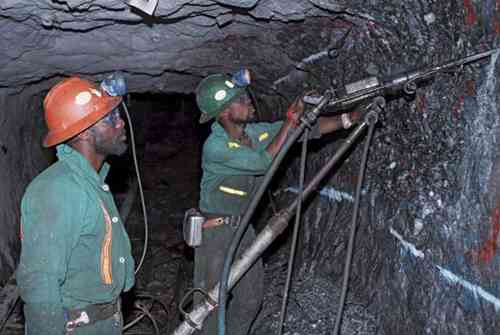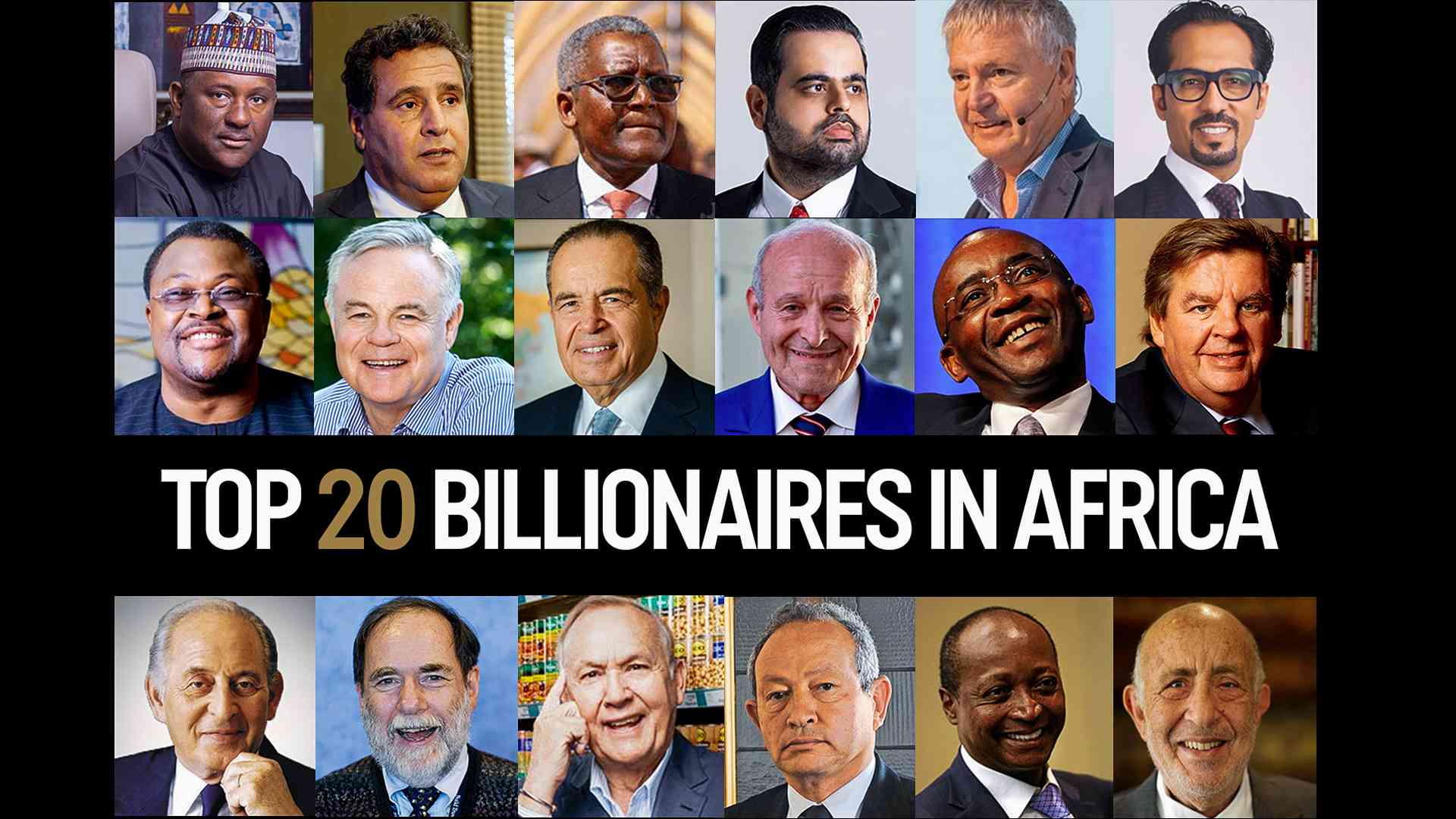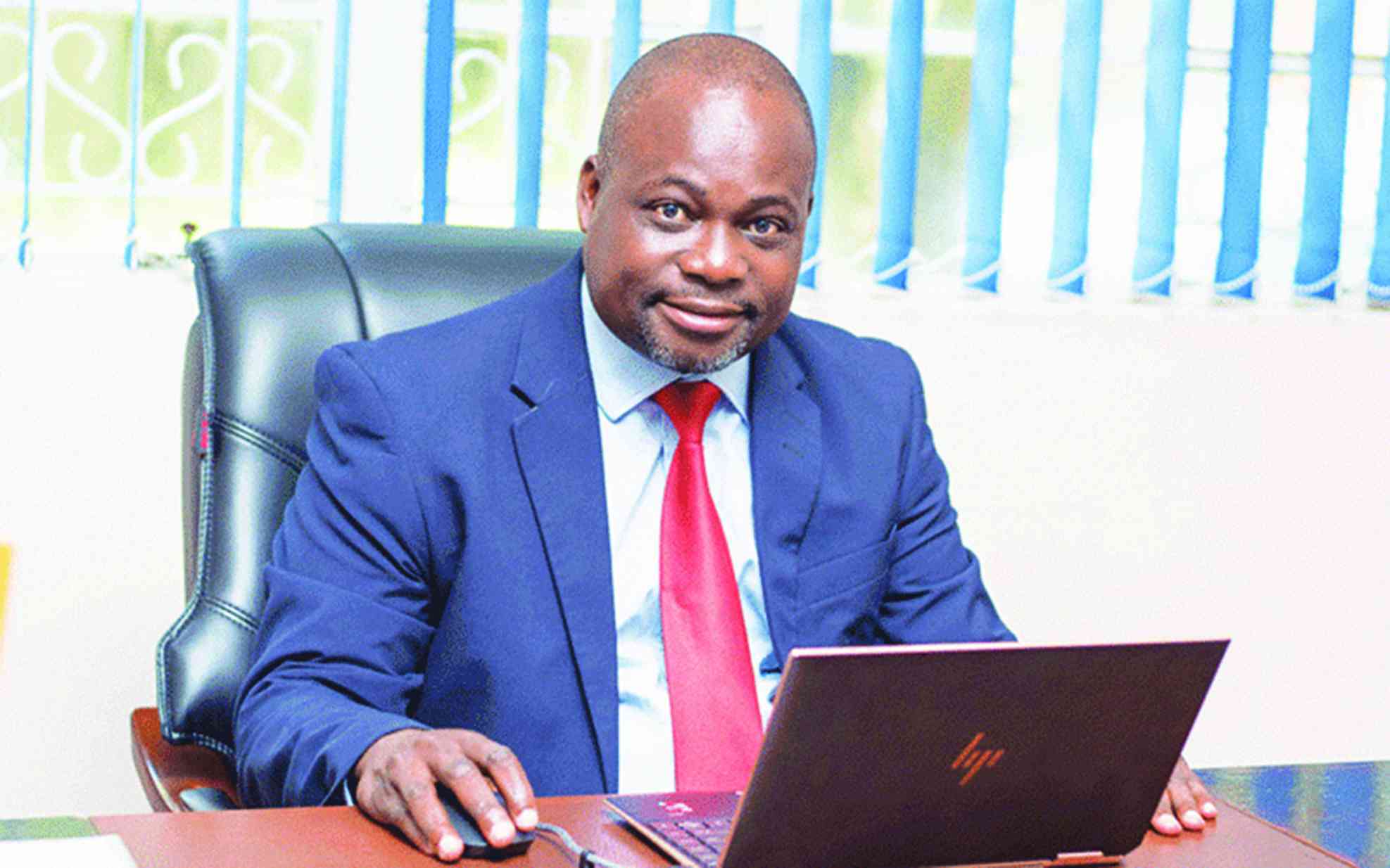
THE Association of Chinese New Energy Miners is advocating for a clear and stable tax framework in Zimbabwe, arguing that this is essential for building confidence and driving long-term investments in initiatives that promote value addition.
The association’s representative Gong Xuedong said Zimbabwe’s mining sector has faced issues ranging from fluctuating global prices to stringent regulatory frameworks.
“Fiscal policies need to strike a delicate balance,” Gong said in a rare commentary during the Chamber of Mines Zimbabwe’s critical minerals symposium held in Victoria Falls last week.
“While ensuring that the nation benefits fairly from its resources, we must also create a conducive environment that encourages investment and innovation.
“Streamlined regulations, transparent tax regimes, and supportive governmental policies can pave the way for sustained growth.
“Clarity and stability in taxation policies will instil confidence and encourage long-term investments in value addition initiatives.”
He said imposition of unfair special capital gains tax and new community levy despite an existing mining levy paid to the rural district councils was detrimental to their operations.
The government is charging 20% capital gains tax of the proceeds on transfer of a mining title, where such mining title was transferred within a 10-year period before January 1, 2024 and is disposed of after January 1, 2024.
Gong said one of the most pressing conversations in the lithium sector was around value addition.
“We acknowledge the full potential of the lithium industry can only be realised through value addition and beneficiation. By processing lithium locally, we stand to gain significantly more than by merely exporting raw materials,” he noted.
“However, the drop in lithium prices hinders the plans for value addition. Investor confidence is low due to uncertainty on policies.
“Zimbabwe’s regulatory environment for mining and investment has been perceived as challenging, with concerns around policy uncertainty and bureaucratic hurdles.
“The Zimbabwean government plays a pivotal role in creating an enabling environment for lithium producers. Clear and consistent policies on licensing, taxation, and export regulations are essential to provide certainty and attract investment.”
By aligning policies with industry needs and global best practices, the government can promote sustainable growth and innovation in the lithium sector.
He noted the lack of infrastructure such as roads, power, and water supply in lithium-rich regions could hinder the exploration and extraction of lithium reserves.
“There may be a lack of skilled workforce in the lithium sector, leading to difficulties in operating and developing lithium projects effectively. Government urged to give incentives for skills and technology transfer,” he said.
Gong urged the government to give incentives for value-addition and tax holidays.
CoMZ president Thomas Gono said the policy had caused significant disquiet in the mining industry.
“We have engaged with all relevant authority collectives as the chamber and individually for affected parties for a review of this policy.
“The way the tax is structured appears to us as a direct tax as it is not applicable on capital gain, but on the purchase price of the mining title,” he said.
“The rate of 20% is deemed very high as it is applied on the full purchase price. Applying the tax in retrospect has severe consequences on investor confidence.
“Questions are being raised on which other laws can be amended in retrospect with implications on liabilities for current operations.”










